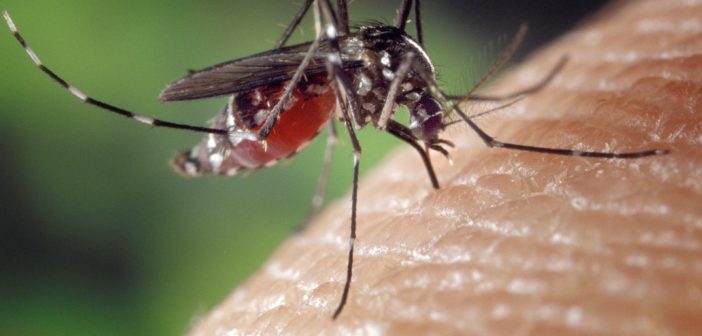In recent years, the Zika virus has appeared in media reports from around the world. This disease is not new to mankind, having been documented since the 1940s, and while it is rare and largely mild to those infected with it, there are severe risks for certain individuals. It’s important to be educated on public health and safety, and that includes the Zika virus; here are some of the main things you should know.
- The Zika virus is largely spread by the bite of an infected mosquito, specifically the Aedes species. While the majority of cases have been reported in the South American countries, there have been documented cases occurring in the continental United States. The virus can also be spread sexually between humans, and while cases in the U.S. may be rare, it is best to practice safe sex and be aware of a partner’s sexual history.
- In most people, the virus has minimal symptoms and risk. Symptoms of the Zika virus include fever, rash, joint and muscle pain, and headache; it has often been paralleled with having a mild case of Dengue Fever, as both experience similar symptoms and recovery typically lasts between three-to-seven days.
- There is a specific group of people that the Zika virus can be incredibly threatening to: pregnant women. The virus has been directly linked to fetal birth defects, most notably microcephaly, a birth defect that results in the infant’s head being significantly smaller than average, often accompanied by an underdeveloped brain. The complications that arise from microcephaly are vast and serious, and while it can occur in women not infected with the Zika virus, the chances increase drastically for women who are infected.
- Currently there is no cure or vaccine for the Zika virus. While some medical treatment has been used, no medicine exists that is directly used to prevent the virus, nor has a vaccine been developed that protects individuals from the disease. The current medical response is to treat the symptoms, as one might with a normal fever; drink plenty of fluids to remain hydrated, take Tylenol or other paracetamol pills to reduce fever and pain, and wait for the body to naturally fight off the infection (note: do not take aspirin or other non-steroid anti-inflammatory medication).
- There are efforts being made to fight against the spread of the Zika virus. While the medical and scientific fields have yet to produce medicines or vaccines specific to Zika, they are working to combat the spread of the virus among people by studying infected mosquitos, observing how the virus affects human cells, and altering mosquito populations to become unreceptive of the virus; this last effort could effectively eradicate large populations of mosquitoes that carry the Zika virus, reducing the amount of the virus that could be spread to humans.
The information presented in this article came from the Center for Disease Control. To learn more, visit their website: https://www.cdc.gov/zika/

